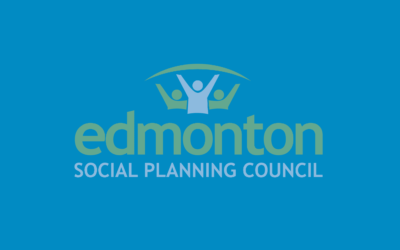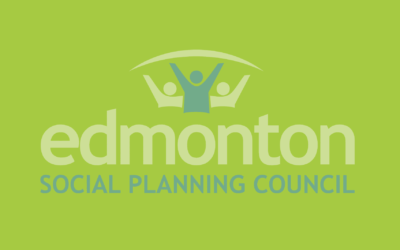Blog: Play and Physical Literacy in Children

By Rebecca Jansen, ESPC Volunteer
Physical literacy is a fundamental aspect of overall health and well-being, yet it is often overlooked in terms of a skill that requires development, particularly in childhood. Physical literacy is defined as “the motivation, confidence, physical competence, knowledge, and understanding to value and take responsibility for engagement in physical activities for life” (IPLA, 2017). It is not just about physical activity itself but about understanding the importance of physical activity and having the skills to participate in it.
Research has shown that physical literacy is essential for children’s healthy development. Studies have found that children who develop physical literacy early in life are more likely to be physically active as adults, have better motor skills and coordination, and have higher self-esteem and a sense of well-being (Stooden et al., 2008). Physical literacy also plays a crucial role in cognitive development, as it has been linked to improved academic performance and better cognitive function (Alesi et al., 2021; Darracott et al., 2020).
Despite the numerous benefits of physical literacy, many families with children may lack the skills, confidence, knowledge, resources or motivation to engage in physical activity. This is where the PLAYshop program comes in. The PLAYshop program is a research initiative through the University of Alberta that explores a parent-focused intervention designed to promote active play and physical literacy development in early childhood (Carson et al., 2022). The program aims to support parents in playing with their children to develop physical literacy and improve their overall health and well-being.
The PLAYshop program currently has funding to support lower-income families and is actively recruiting families living in Alberta and British Columbia. The program offers a free virtual workshop on physical literacy, a free digital app with active play ideas and tips, and a free goody bag with active play equipment and resources. Participating families would be asked to complete two 10-minute online questionnaires and attend a 60-minute virtual workshop about physical literacy, offered at flexible days and times. Half of the families will be asked to participate in a brief follow-up phone interview two months after the workshop.
Organizations that serve vulnerable families can get involved in the PLAYshop research study by reaching out to Morgan Potter at perbel@ualberta.ca or calling 780-492-2004 for more information. Agency staff can be trained to lead the workshop, although this is optional. The program ensures that all data collected will be kept confidential, and the questionnaires, workshops, and interviews will be available in different languages, including English, Spanish, Farsi, and Chinese (Traditional and Simplified). Devices with data plans will also be available to borrow if families do not have internet access.
Physical literacy is a crucial component of overall health and well-being. Parent-focused interventions are one important avenue that may encourage physical literacy through active play in early childhood. For the latest information on physical literacy, see the Edmonton Social Planning Council Spring 2023 publication.
Rebecca Jansen is currently a graduate student at the University of Alberta studying Educational Policy Studies specializing in Adult, Community and Higher Ed. Her thesis research focuses on food sovereignty education. Rebecca also works in the not-for-profit sector coordinating a community education program focused on play and parental engagement for 0-5year olds. Rebecca holds a true passion for research and policy reform to realign power imbalances within social institutions that impact local communities.
References:
Alesi, M., Costa, S., Bianco, A., & Pepi, A. (2020). A teacher-led motor programme to enhance pre-literacy and motor skills in kindergarten children. European Journal of Developmental Psychology, 18(3), 367–381. https://doi.org/10.1080/17405629.2020.1789860
Carson, V., Boyd, M., Potter, M., Rhodes, R., Liu, S., & Naylor, P.-J. (2022). Protocol for the PLAYshop randomised controlled trial: Examining efficacy of a virtually delivered parent-focused physical literacy intervention for early childhood on child-specific and family-specific outcomes. BMJ Open, 12(12), 66962. https://doi.org/10.1136/BMJOPEN-2022-066962
Darracott, C. R., Darracott, S. H., & Harris, P. P. (2019). Associations of Physical Activity, Sedentary Behavior, and Enjoyment of Physical Activity with Children’s Literacy. Reading Improvement, 56(2), 51–58.
The International Physical Literacy Association. (2017). Definition of Physical Literacy. https://physicalliteracy.ca/physical-literacy/
Stodden, D. F., Goodway, J. D., Langendorfer, S. J., Roberton, M. A., Rudisill, M. E., Garcia, C., & Garcia, L. E. (2008). A developmental perspective on the role of motor skill competence in physical activity: An emergent relationship. Quest, 60(2), 290-306. https://doi.org/10.1080/00336297.2008.10483582


